Photo courtesy: birrmetrics.com
The 2025 General Assembly of the China-Africa Agricultural Science and Technology Innovation Alliance (CAASTIA) kicked off on Monday in Addis Ababa, Ethiopia’s capital, with a focus on cooperation for Africa’s food security and agricultural modernization.
President of the African Academy of Sciences LiseKorsten said China’s journey in agricultural modernization, marked by intensive cultivation, developed value chains, and breakthroughs in digital agriculture, provides invaluable experience to Africa.
According to the president, China exemplifies mastery in high-yield, technology-driven agriculture, feeding nearly 20 percent of the global population with less than 9 percent of the world’s arable land. Meanwhile, Africa faces food insecurity despite being home to 60 percent of the world’s uncultivated arable land. “This paradox of land and people underscores the need for a balanced partnership: one that marries Africa’s untapped potential with China’s proven innovations to build a resilient global food system,” said Korsten. Jiang Feng, head of the Chinese Mission to the African Union (AU), said China stands ready to share its experience in agriculture development and rural poverty reduction with African countries to achieve common development. He highlighted that the current agricultural technological revolution, driven by biotechnology, digital technology, and intelligent equipment, offers new opportunities for China and Africa to improve agricultural productivity and strengthen their response to global challenges. “China-Africa agricultural cooperation is evolving from traditional aid-based assistance to sustainable, capacity-building partnerships.
This year, the Chinese government announced a zero-tariff policy covering all tariff items for 53 African countries with diplomatic relations with China. This will significantly enhance the access of African agricultural products to the Chinese market,” Jiang added.
Gaspard Banyankimbona, AU commissioner for education, science, technology and innovation, said China and Africa can jointly develop climate-resilient crops, sustainable soil and water management systems, early warning tools of pests and extreme weather, and a digital platform that empowers smallholder farmers across the continent. “The China-Africa alliance provides the ideal vehicle to mobilize collective force to promote joint research in climate-smart agriculture, animal and plant health, agro-ecology and food safety, technology transfer and localization, capacity development through scholarship and innovation ecosystem,” Banyankimbonaemphasized. The three-day event, co-organized by the Chinese Academy of Agricultural Sciences, African Academy of Sciences, and the Mission of China to the AU, brought together over 200 scientists, policymakers, and representatives from agricultural institutions across China and Africa.
Xinhua
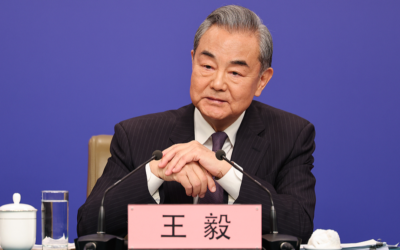
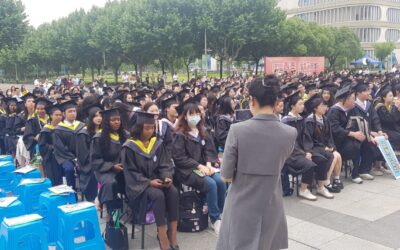
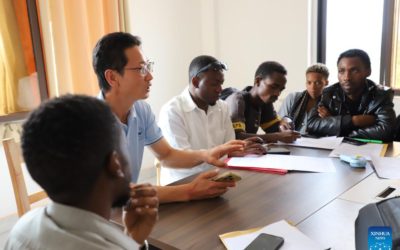

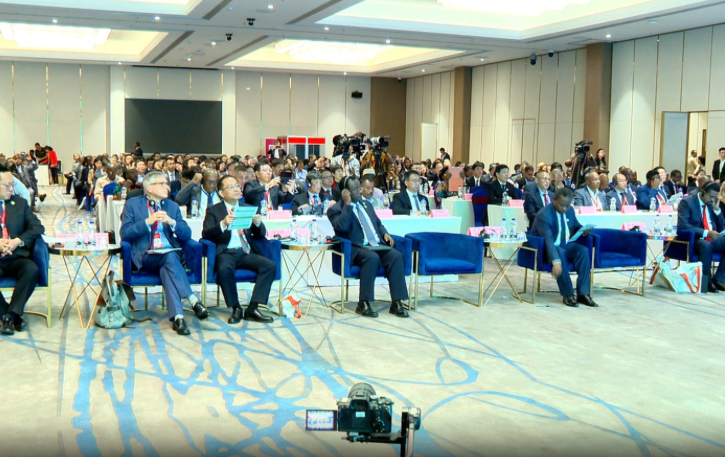
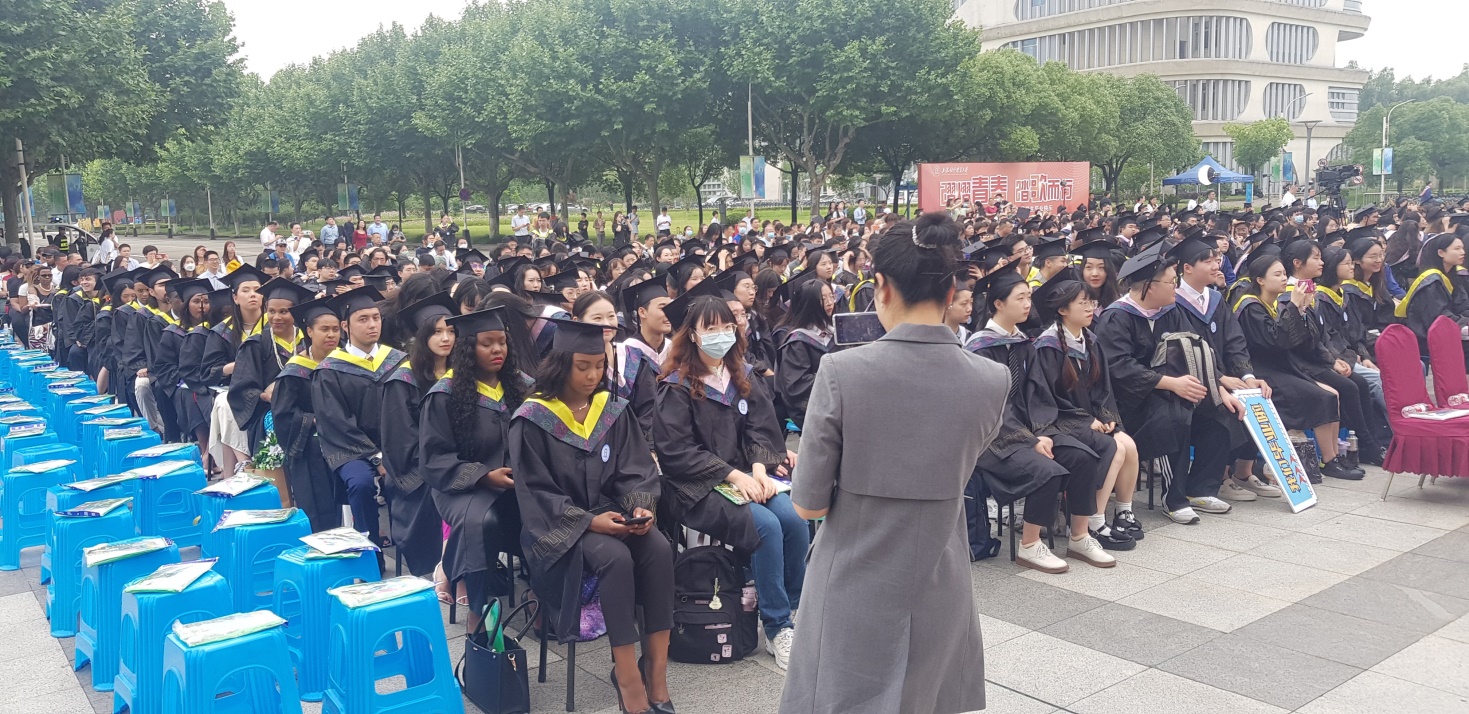
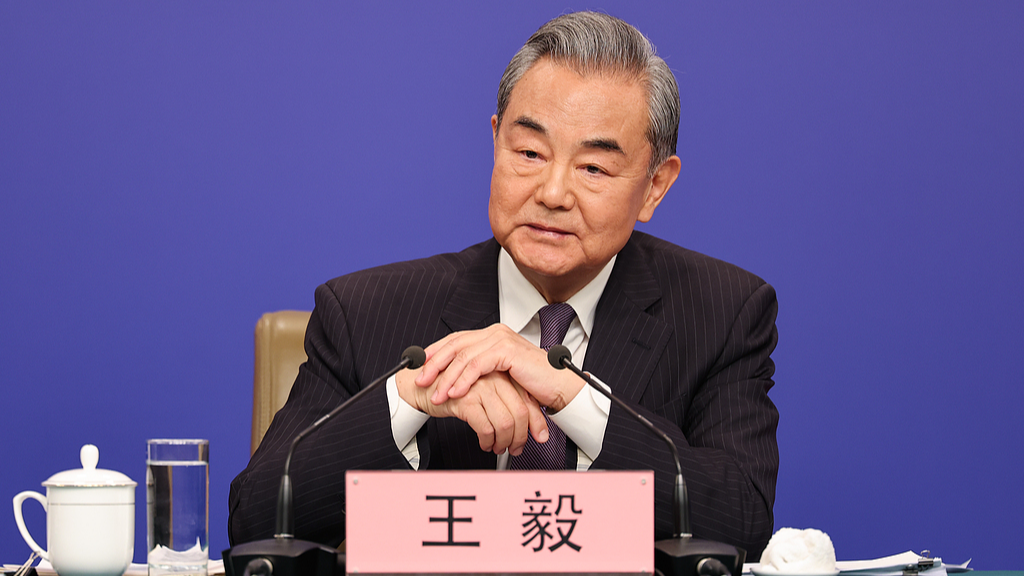
Hey Kien Giang lottery folks! Peep kqxskg to see if you’re holding a winning ticket. Hope your numbers came through!
Your point of view caught my eye and was very interesting. Thanks. I have a question for you.
Während die Zahlungen für Casinospiele relativ schnell erfolgen, können Sportwetten-Auszahlungen manchmal länger dauern. Die
Integration von Live-Wetten und die Möglichkeit, sowohl vor dem Spiel als auch während des Spiels zu
wetten, bieten eine dynamische und flexible
Spielerfahrung. Für Sportwetten-Enthusiasten bietet Seven Casino eine benutzerfreundliche
Oberfläche und eine Reihe von wettbewerbsfähigen Quoten, was die Wettmärkte für viele Spieler attraktiv macht.
Das Casino besitzt eine gültige Lizenz von anerkannten Regulierungsbehörden, was den Spielern zusätzliche Sicherheit bietet.
Es folgt den höchsten Standards der Datenverarbeitung und speichert keine sensiblen Informationen auf unsicheren Servern. Seven Casino
bietet auch Informationen und Ressourcen zu
verantwortungsbewusstem Glücksspiel an, um Spielern zu helfen, ihre
Aktivitäten zu überwachen und gegebenenfalls Unterstützung zu
suchen. Dies umfasst Funktionen wie Einzahlungslimits, Selbstsperren und eine
vollständige Kontrolle über das eigene Spielverhalten. Diese
Verschlüsselung gewährleistet, dass die Daten der Spieler vor unbefugtem Zugriff sicher sind und keine Dritten in den Kommunikationsprozess
eingreifen können.
References:
https://online-spielhallen.de/admiral-casino-aktionscode-ihr-schlussel-zu-exklusiven-vorteilen/
See our list below to find the best Australian online casino real money
sites. Understanding these rules helps you choose safe
and legal online casinos to play at. Australians love online gambling,
with online pokies and classic table games amassing a huge following at casino sites.
It is the case for every Australian online casino player that all top online casinos are built differently.
Welcome to Online.Casino Australia, your number one guide to
playing online casino with real money in Australia.
By this line of thinking, playing at online casinos as an individual isn’t illegal in Australia.
We’ve examined the legality of safe online casinos in Australia from three angles –
what the law says, how it applies to you, and how it can impact your
gaming experience. If you want to make the most of your gaming experience at AU online
casinos, the worst thing you can do is chase losses.
References:
https://blackcoin.co/everything-you-need-to-know-about-poker/
All patrons must be at least 18 years old to enter the gaming areas at
Crown Sydney. Crown Sydney is located in Barangaroo, at 1 Barangaroo Avenue,
Sydney, NSW. Every area of Crown Sydney is designed for accessibility — including lifts,
ramps, accessible suites, and trained staff assistance. Crown is also accessible by boat from nearby Barangaroo Wharf or via helipad transfers by request.
Crown Sydney offers premium spaces for executive meetings, corporate events, and private receptions.
This ensures that help is readily available for any inquiries or
issues that may arise during their visit or online gaming
experience. This multilingual support ensures that a broader audience can enjoy the gaming
experience without language barriers. It’s designed for both iOS and Android devices, ensuring a
high-quality gaming experience on the go.
Passionate about fine indulgence and exceptional five star customer service?
Discover your most convenient way to visit including nearby carparks and
various public transport options offered close by. Crown Sydney
do not accept minors under 16 years old dining without a parent or guardian. Epicurean features three beautifully appointed semi-private dining spaces, each offering unrivalled waterfront views in a vibrant
and contemporary setting. Epicurean’s ever-changing
menu invites guests to experience an array of global cuisines including Japanese, Chinese, Indian, Italian and more More information on Crown Spa can be located here.
References:
https://blackcoin.co/free-18-unlock-your-bonus-today/
online casinos mit paypal
References:
jobboat.co.uk
online casino australia paypal
References:
https://careers.tu-varna.bg